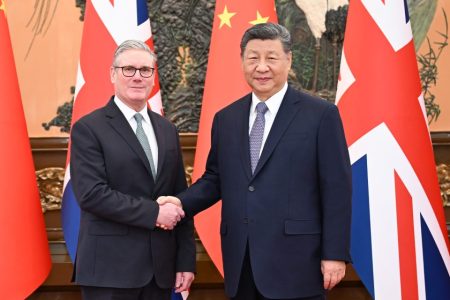The Chinese supercomputing industry is developing faster than ever before, according to a report by the South China Morning Post, which points out that the sector’s rapid growth is being spurred by the current artificial intelligence boom and the government’s effort to strengthen the tech sector in the wake of US sanctions.
National Bureau of Statistics data. cited by the Post, reveal that smart computing, which employs powerful graphics processing units (GPUs) to process complicated algorithms, makes up 30 percent of China’s total computing capacity.
This figure is only a few percentage points away from the forecast made by the China Academy of Information and Communications Technology (CAICT), which predicted in July 2023 that smart computing would account for 35 percent of the country’s computer power share in 2025.
The world’s second largest economy has been investing heavily in supercomputing, as a means to boost its economy and the AI sector. According to technology market research firm Counterpoint “every yuan invested in computing power has driven 3 to 4 yuan of economic output.”
[See more: Guangzhou unveils a power new supercomputer]
The city of Chengdu opened a major smart computing centre earlier to service an estimated 900 AI companies. Nationally, China also has an “Eastern Data and Western Computing” project planned that is expected to attract an annual investment of 400 billion yuan through the establishment of a cluster of 8 computing hubs and 10 data centres.
Technology transfer restrictions implemented by the US have encouraged China to shore up its domestic chip industry in particular.
Chinese researchers have produced their own wafer-thin silicon processor in an effort to bypass the US’s rule that prevents the sale of advanced chips and other advanced technology to the country. The central government also established a 344 billion yuan semiconductor fund this year, aimed at strengthening the homegrown industry.
Perhaps wary of attracting more flak from Washington, Chinese officials opted not to share details about Chinese systems in the Top 500 list of the world’s fastest supercomputers this year, in spite of having machines that rival those in the US.






